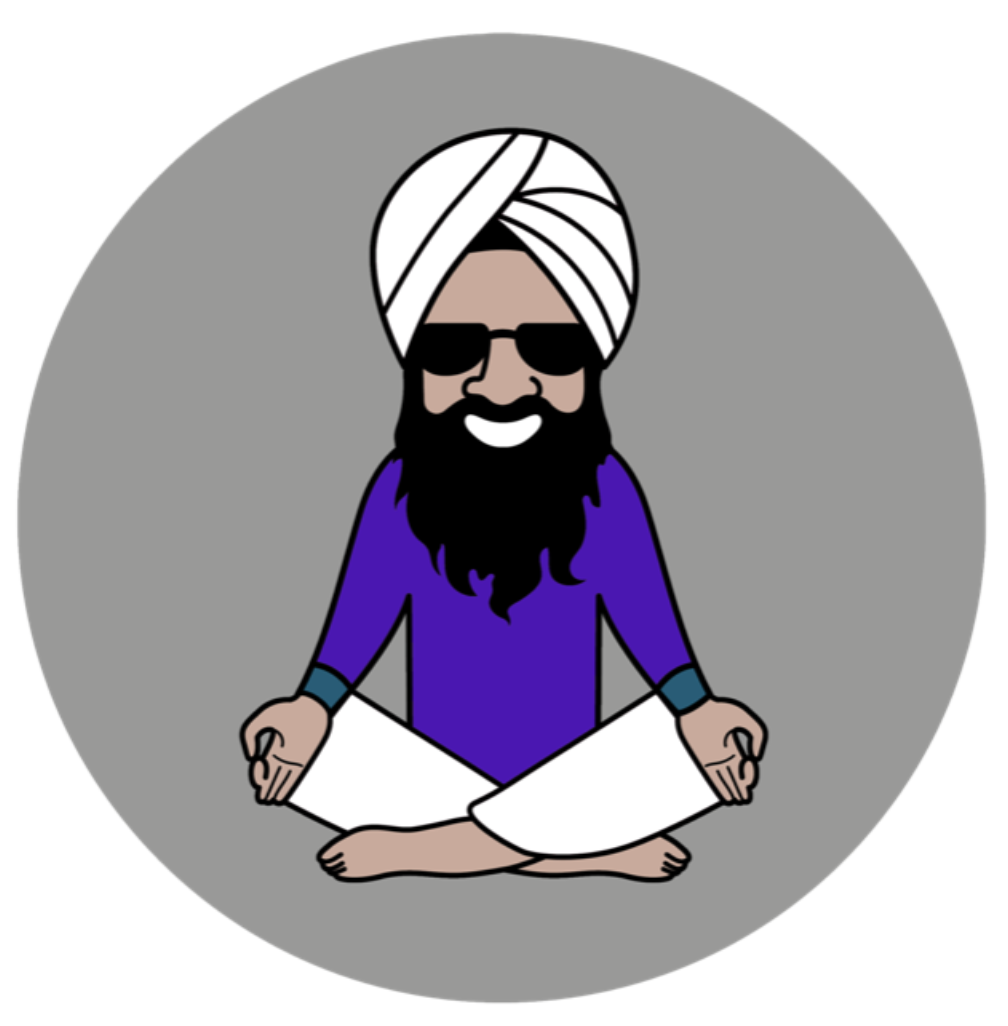Yoga nidra meditation is a powerful way to connect with your inner self and make lasting changes in your life. It is a technique used to achieve deep relaxation, lower stress levels and improve your overall health by allowing you to enter into a deeper state of consciousness.
What is Yoga Nidra (Vedic Sleep)?
Yoga Nidra is a form of meditation that aims to induce a deep state of relaxation through conscious relaxation. In yoga nidra, you enter into the meditative state by following the instructions of an instructor. The instructor will guide you through different stages that are designed to help you relax and slip into a deeper state of consciousness.
This allows your mind and body to experience a natural release from tension and stress, which in turn promotes mental clarity as well as physical health benefits such as improved circulation or pain relief.
How Yoga Nidra Works?
Yoga nidra meditation is a practice that guides the mind through a series of steps, each one bringing you to increasingly deeper levels of relaxation. The idea behind yoga nidra is to help you achieve complete stillness and rest by guiding your consciousness down through four different brainwave states: alpha, theta, delta and gamma.
You start off in an awake state with normal beta waves. Then you move into a relaxed alpha state where your thoughts are still present but not very intense or frequent (1–3 per second). You might feel that your body is floating or weightless or deeply relaxed.
Next comes deep theta brain waves (4–7 per second), which are associated with dreamless sleep and REM sleep stages 3 & 4 when dreaming occurs most often – except instead of being unconscious during this stage as you normally would be during REM sleep because it’s so deep; you remain conscious throughout this whole process.
In the fourth state of consciousness, your subconscious mind is more open to intentions, so you can rewire your thoughts and emotions. You also become more restful and less triggered by the stuff in your life.
Improves Cognitive Performance and Memory
Yoga Nidra is a meditative practice that helps you breathe, relax and focus on your body. It also increases the activity of the prefrontal cortex, parietal cortex and occipital cortex in your brain.
The prefrontal cortex is associated with our ability to think rationally (and not act impulsively). It also controls our emotions. The parietal lobe processes sensory information such as touch, temperature and pain while the occipital lobe provides vision.
As a result of this increased activity in these areas, Yoga Nidra creates more space in your brain so that you can think clearly while also feeling positive emotions like happiness or peace.
Reduces Stress and Depression
The best aspect of yoga nidra meditation is that it helps you deal with stress and depression. It is a great tool to help you sleep better as well as relax, so that you can become more mindful and focused on your goals.
Yoga Nidra Meditation can also help you become more aware of your emotions, which can have a positive effect on how we react to things in our lives.
Practising Yoga Nidra Meditation Regularly Improves Mental and Physical Health
Research shows that practising yoga nidra meditation regularly can improve your mental health by reducing stress levels - especially during times of high stress in life such as work deadlines or exams - as well as improving sleep quality by helping you fall asleep faster at night.
By sleeping more soundly throughout the night less time will be spent tossing/turning which results in less wakefulness during sleep cycles compared with those who don't practice yoga nidra regularly - thus increasing overall energy levels throughout each day.
If you’re interested in improving your mental health and wellbeing, yoga nidra meditation is an excellent option. It has been shown to improve self-esteem and confidence as well as reduce stress and depression in just a few sessions. If you have trouble sleeping at night or need help relaxing after a long day, yoga nidra may be the answer.
